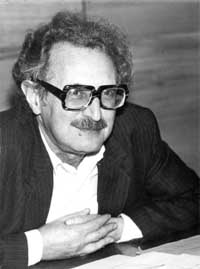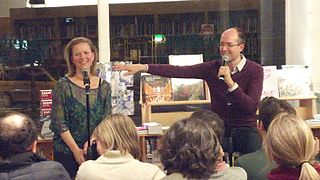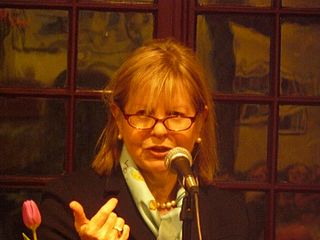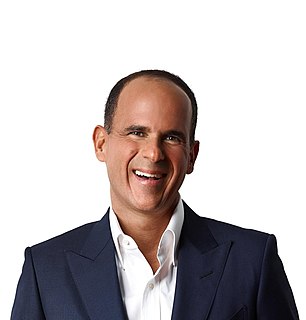A Quote by Gloria Steinem
Happy or Unhappy, families are all mysterious.
Quote Topics
Related Quotes
Gordie, the white boy genius, gave me this book by a Russian dude named Tolstoy, who wrote, 'Happy families are all alike; every unhappy family is unhappy in its own way.' Well, I hate to argue with a Russian genius, but Tolstoy didn't know Indians, and he didn't know that all Indian families are unhappy for the same exact reasons: the frikkin' booze.
In a vacuum all photons travel at the same speed. They slow down when travelling through air or water or glass. Photons of different energies are slowed down at different rates. If Tolstoy had known this, would he have recognised the terrible untruth at the beginning of Anna Karenina? 'All happy families are alike; every unhappy family is unhappy in its own particular way.' In fact it's the other way around. Happiness is a specific. Misery is a generalisation. People usually know exactly why they are happy. They very rarely know why they are miserable.
I think that maybe happy families don't need stories the way unhappy families need stories. Maybe they're too busy living that they don't actually step back and talk about life like the Anton Chekhov quote. I prefer Anton Chekhov to Lev Tolstoy, and the reason is because of what he leaves out. Sometimes I think Tolstoy had a theory that he was proving and he proved it. Chekhov is more ambiguous.





































